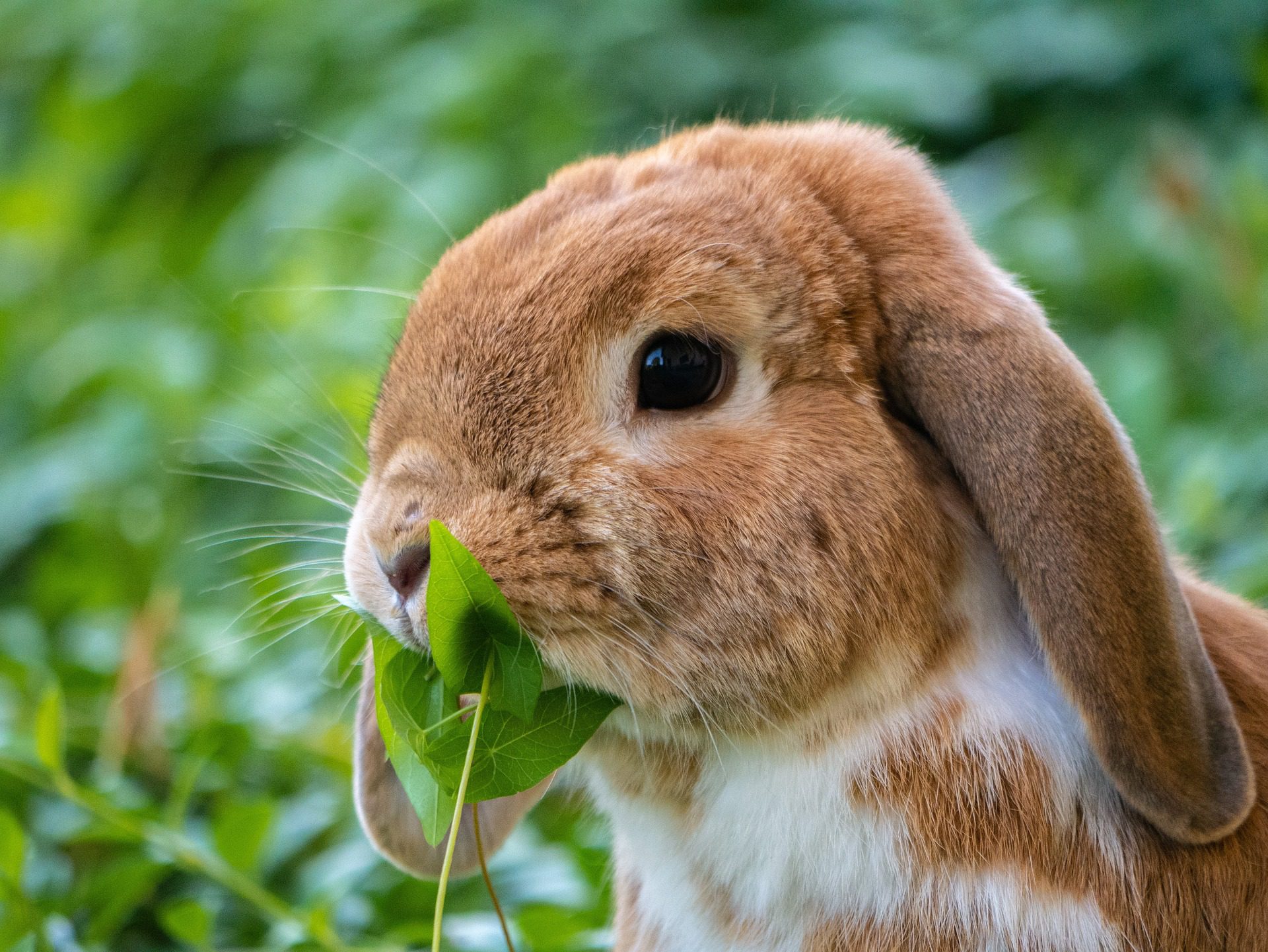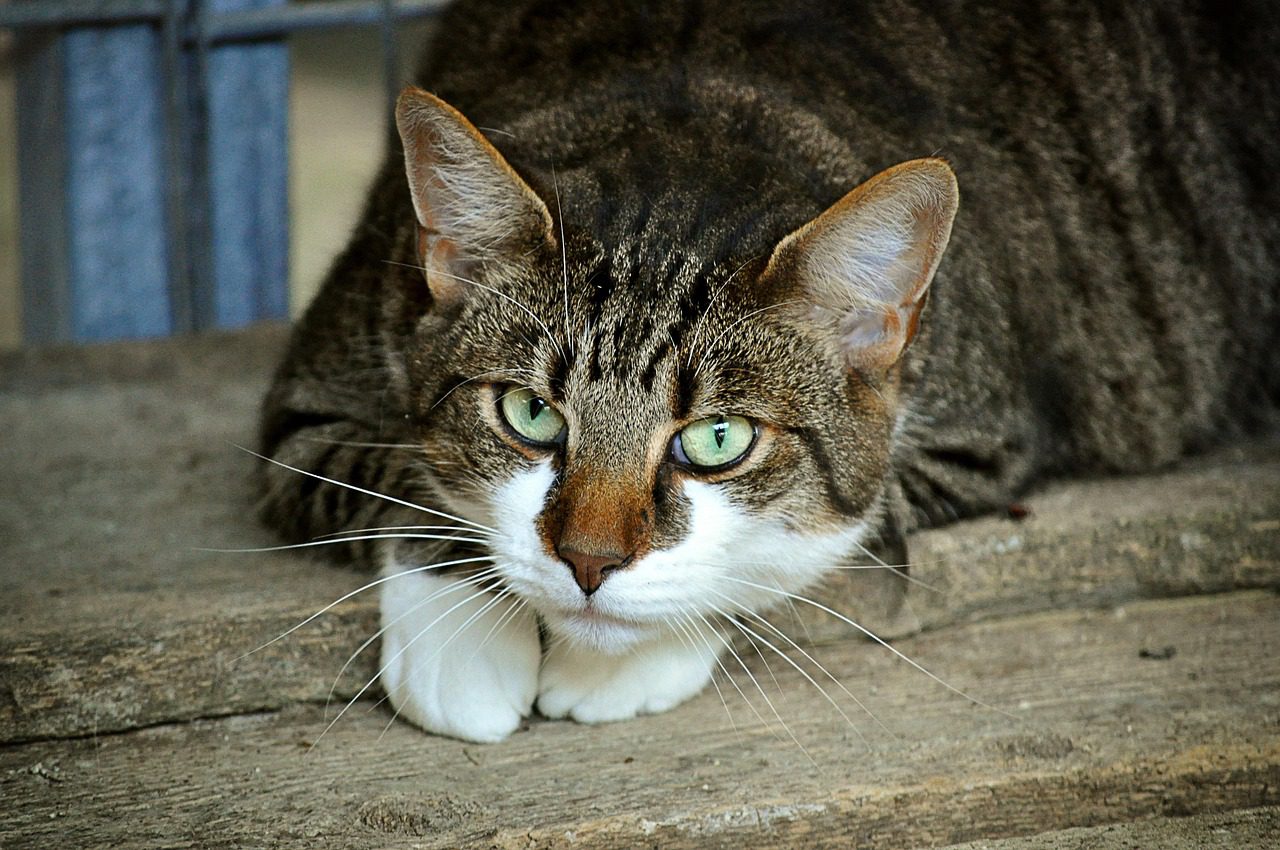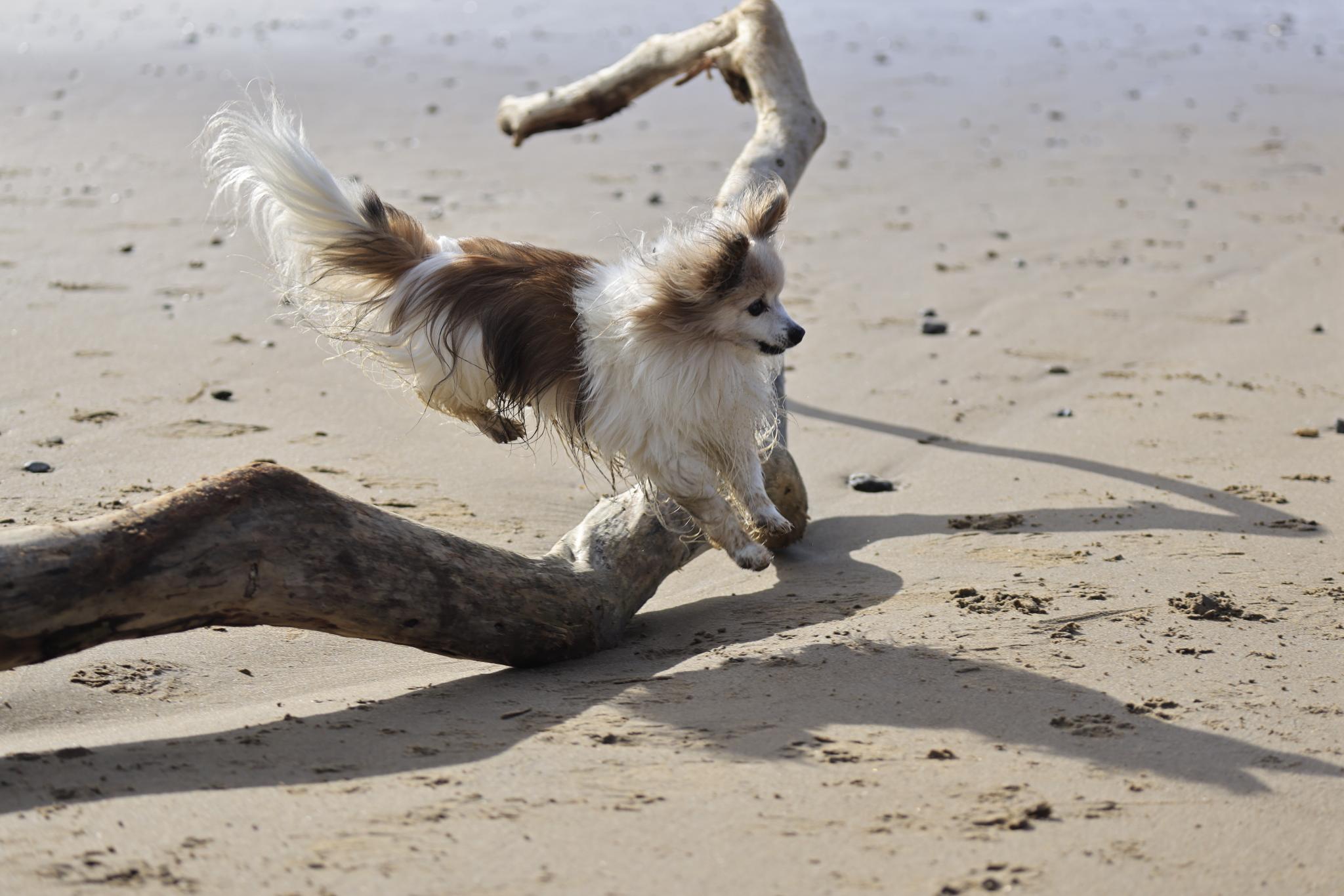A happy rabbit will rush to greet you in the morning.
Yes, he is probably mainly after the food in your hand, but at least he is enthusiastic and
active.
When he is contented he may lie with his hind legs stretched out behind him. Or express
himself with a joyful set of leaps for no apparent reason. His nose will be constantly
twitching, and his ears will be up and moving around. When really comfortable, rabbits are
curious and will explore new things and be mischievous and playful.
Rabbits, like people, have different temperaments. Some love a gentle cuddle and lots of
petting. Others prefer to keep their distance.
But when I get a phone call saying that a rabbit is just sitting very still and has been wanting
to hide, I know its serious.
Rabbits are very different from cats and dogs.
In the wild they would never dream of hunting. They are the hunted. And any weak or sick
individual in the colony is more likely to be targeted by a fox or hawk than a healthy one.
So they conceal signs of illness, making it very hard for you to decide when to call the vet.
My top tips for spotting if your rabbit is unwell are
1. Any change in their behaviour. You know how they normally greet you, and interact
with each other. If that suddenly changes, it is usually because they are poorly.
2. If they are sitting ‘tucked up’, with the chin tucked in and legs tightly under the body.
3. If their nose is not twitching, this is a bad sign.
4. If their ears are flattened and held tight against their body.
5. If they are not eating when you would normally expect them to be getting stuck in.
Very sadly, a rabbit only has to stop eating for a short period before their intestines start to
irreversibly close down.
As rabbits are so subtle about the warning signs they can give that they are unwell, it is
important to seek very advice within hours of noticing any of the above symptoms. Leaving it
a day or two could be a fatal decision.




